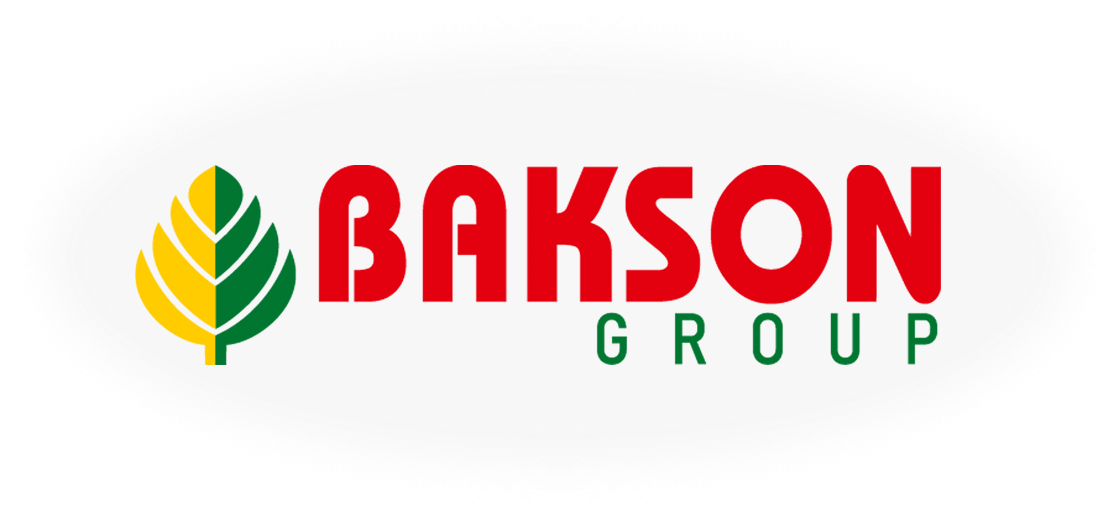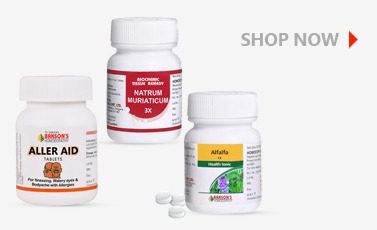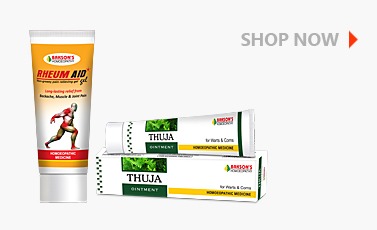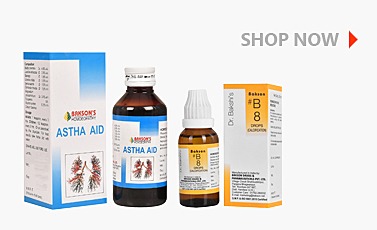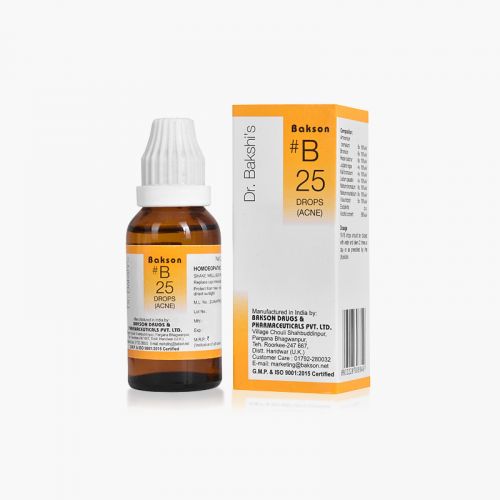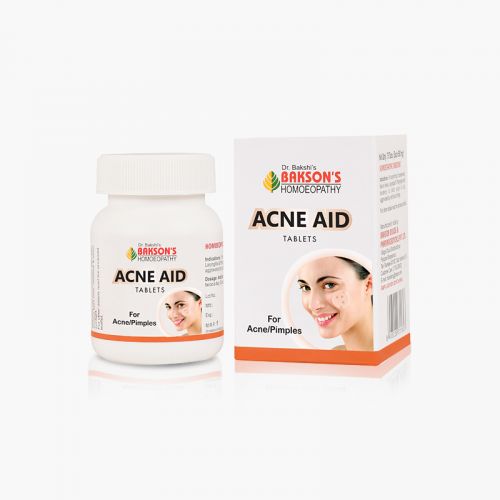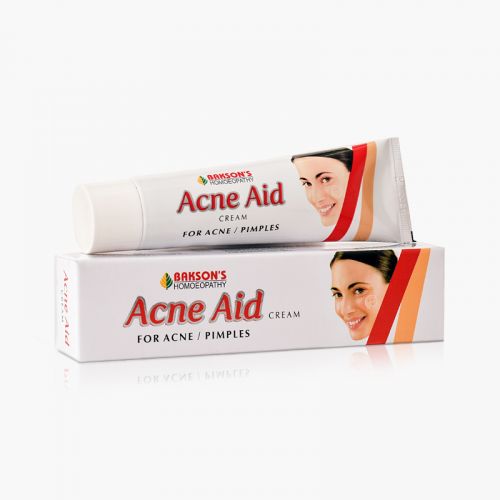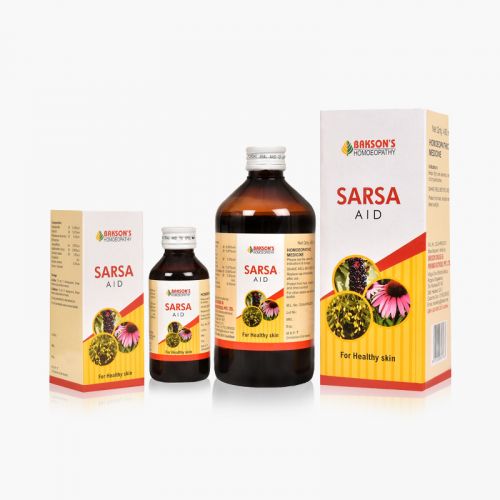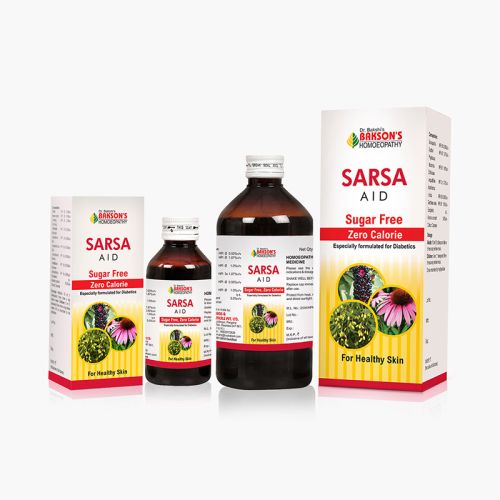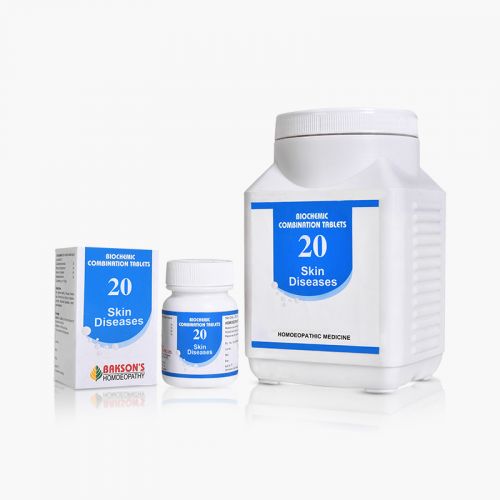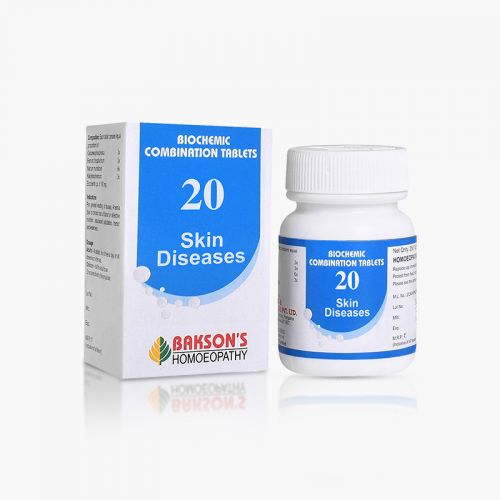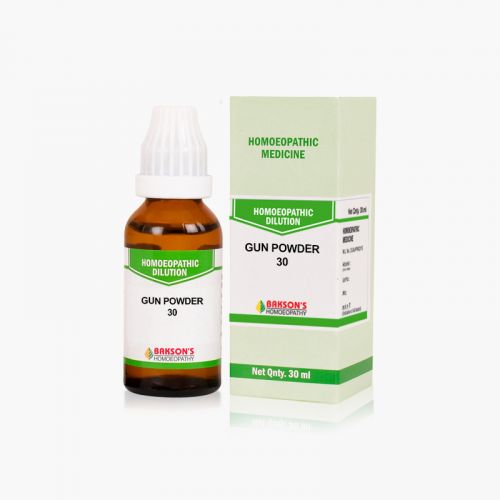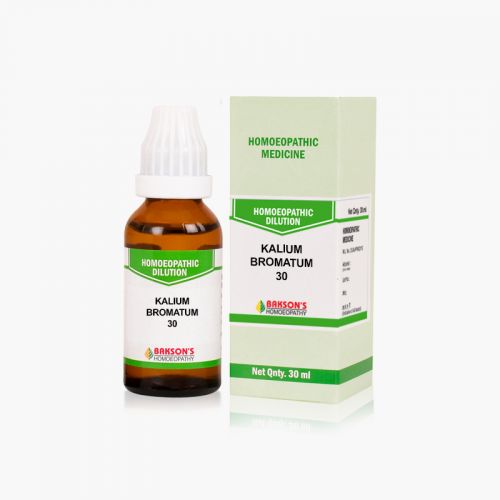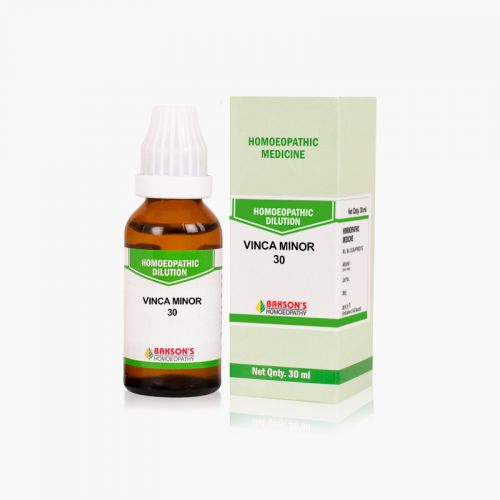We use cookies to make your experience better. To comply with the new e-Privacy directive, we need to ask for your consent to set the cookies. Learn more.
What is Acne?
Acne Vulgaris is an inflammatory skin disorder of the pilosebaceous unit, triggered by Cutibacterium acnes in adolescence, under the influence of normal circulating DHEA. It is a very common disorder affecting mainly teenagers and young adults, although 10-20% of adults may continue to be affected by it. It occurs when dead skin and oil/sebum from the skin clog hair follicles causing pimples, blackheads or whiteheads, and oily skin and may heal with scarring. Mostly found on the face, upper chest and back, the major concern is regarding the appearance.
Causes
The underlying cause is genetics in 80% of cases. Other causes include increased androgens, use of certain medications, infection, exposure to excess sunlight, high sugar diet, stress, and endocrine disorders like PCOS.
Factors that may aggravate the condition are:
- Foods with a high glycemic number: chocolates, junk food, dairy products, etc.
- Use of oil-based cosmetics
- Premenstrual phase
- Anxiety and anger can worsen acne by stimulating the stress hormones.
Signs and Symptoms
Acne affects the centrofacial areas of the back, upper trunk and deltoid region. It can occur in following grades:
Grade 1: Comedones, which are of 2 types - open and closed. Open comedones are due to plugging of pilosebaceous orifice by sebum on the skin surface. Closed comedones are due to keratin and sebum plugging the orifice below the skin surface.
Grade 2: Inflammatory lesions manifesting as a small papule with erythema.
Grade 3: Pustules.
Grade 4: Multiple pustules coalesce to form nodules and cysts.
In severe cases, acne can lead to permanent scarring and hence it needs early treatment.
Diagnosis
Acne can be easily diagnosed clinically while differentiating it with other skin conditions like flat warts, folliculitis, perioral dermatitis, milia, rosacea, etc. Some cases may require the evaluation of hormone levels like Testosterone, LH, FSH and DHEA.
Management
Proper skincare and dietary measures are recommended for acne treatment and prevention. These include washing skin not more than twice daily, using fragrance-free moisturizer, using oil-free cosmetics, and avoiding high sugar content in diet.
Disclaimer: The information provided herein on request, is not to be taken as a replacement for medical advice or diagnosis or treatment of any medical condition. DO NOT SELF MEDICATE. PLEASE CONSULT YOUR PHYSICIAN FOR PROPER DIAGNOSIS AND PRESCRIPTION.
- #B 25 DROPSSpecial Price ₹ 160.00 Regular Price ₹ 200.00
-
-
- BAKSON SARSA AID (SUGAR FREE)As low as ₹ 96.00
-
- BCT # 20 (SKIN DISEASES)-250TABSpecial Price ₹ 84.00 Regular Price ₹ 105.00
- GUN POWDER 30₹ 100.00
- KALIUM BROMATUM 30₹ 100.00
- VINCA MINOR 30₹ 100.00
